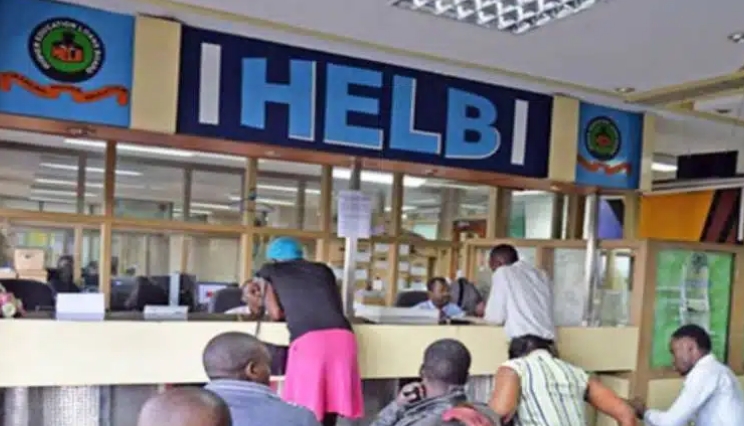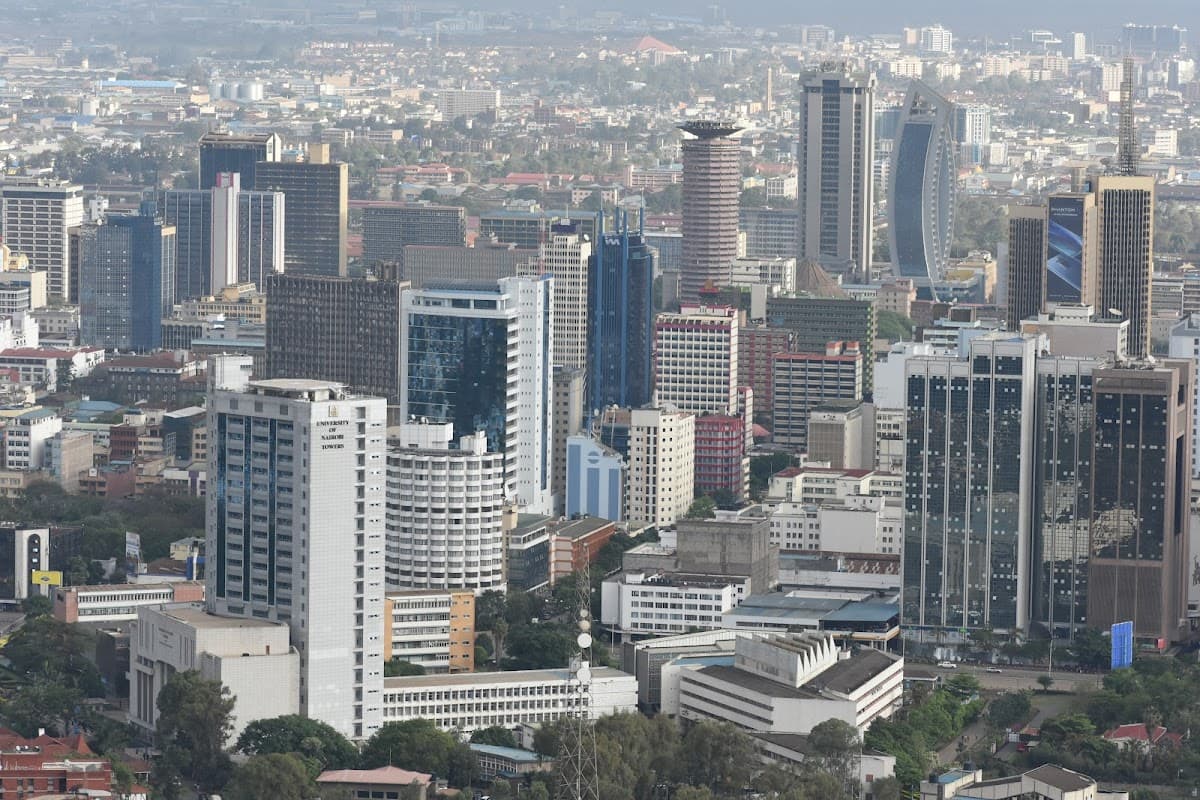Nairobi, April 18 : The Higher Education Loans Board (HELB) is appealing to beneficiaries of the educational funding programme, who have since completed studies, to start repaying their loans.
Over 300,000 university graduates who benefited from government-funded loans are yet to begin repaying their loans, raising concerns over the sustainability of the Higher Education Loans Board programme.
The board has funded 1.7 million Kenyans, with about 1 million having completed their studies. Of these, 400,000 are repaying, while 316,000 are yet to start.
HELB CEO Geoffrey Monari, Speaking during an interview, revealed that the default rate currently stands at 35 per cent.
“Currently, HELB has supported 1.7 million Kenyans, of whom approximately 1 million have completed their studies. Out of these, 400,000 are repaying their loans, 300,000 have not started, and 200,000 have completed their studies,” he said.
The HELB boss confirmed that the board is closely tracking those who have failed to begin repayments.
“If you don’t repay a HELB loan, a penalty will be charged to your account,” he warned, but clarified that enforcement is not the primary intention.
“We don’t want to reach that point,” Monari said, appealing to defaulters to take responsibility and start paying.
The CEO, raised alarm over the current funding shortfalls the institution is facing, stating that the available resources may not be enough to cater for the growing number of students seeking financial aid.
“For the next financial year, our budget is Sh34 billion. We will be seeking additional funds, as this may not be sufficient due to the increasing number of students each year. I believe the funds will be made available,” Monari said.
Monari, also addressed complaints from students over the amounts they qualify for when applying for loans and scholarships, saying the issue often stems from inaccurate data submitted during the application process.
He noted that the board relies on a Means Testing Instrument that uses the submitted data to assess a student’s level of need.
“If the correct data isn’t supplied, it will not yield accurate results. Most of the time, due to various challenges, students submit their application forms to cybercafé attendants who apply on their behalf. Unfortunately, since they are not present, incorrect information is frequently submitted, leading to dissatisfaction when the results are released. We are now giving them a chance to review their data,” he said.
“We endeavour to ensure that we obtain the correct data so that we can place each student where they deserve to be.”
Monari further explained that under the current funding model, the amount a student receives is also determined by the programme they are enrolled in and their placement band.
“We now provide funding based on your level of need. If you are a medical student placed in Band One, you will receive a 70 per cent scholarship, a 25 per cent loan, and 5 per cent to be paid by your household,” he said.
“If you are not as needy, you may be placed in Band Five, where you will be eligible for a scholarship of 30 per cent, a 30 per cent loan, and the household is expected to provide 40 per cent of the required funding for a programme like Medicine.”
To ensure fairness, Monari confirmed that students who feel wrongly categorised can lodge appeals.
“The Board has reopened the appeals portal for students who are dissatisfied with their categorisation to have the chance to appeal,” he said.
He lauded the current system, which separates university placement from funding, saying it allows better targeting of financial aid.
“Previously, funding was automatically granted when a student was placed by the government. However, after the Presidential Working Party toured the country, the feedback they received was that there are students who don’t require that funding; therefore, we had to align our process with the wishes of Kenyans,” Monari said.
In other news, HELB has revealed that Thousands of university students across the country have submitted appeals regarding their government funding allocations under the new financing model.
HELB had recorded a total of 4,621 appeals by Thursday, following the reopening of the appeal portal on April 1.
The appeals system, which has been expanded in line with a Court of Appeal ruling, allows students to submit multiple reasons for their dissatisfaction, a significant change from the previous process, where only one reason was allowed.
The current appeals process will evaluate students’ cases based on new information not submitted during the initial application.
Eligible grounds for appeal include loss of a parent, chronic family medical conditions, or disability.
Other factors, such as financial hardship or having siblings also in higher education, can also be grounds for reconsideration.
As of now, HELB has processed over 109,000 funding requests from new students that had been delayed due to a High Court ruling in December 2024, which temporarily halted the new funding model.
With the deadline for submitting appeals set for April 21, students now have only a few days to challenge their funding categorisation.







